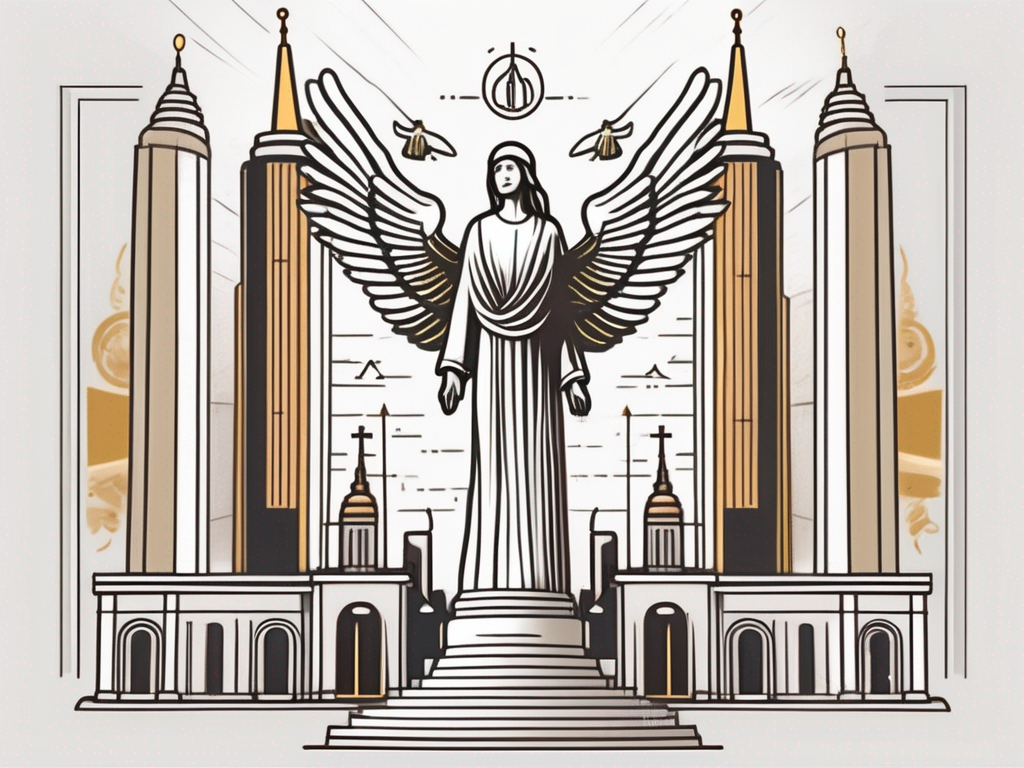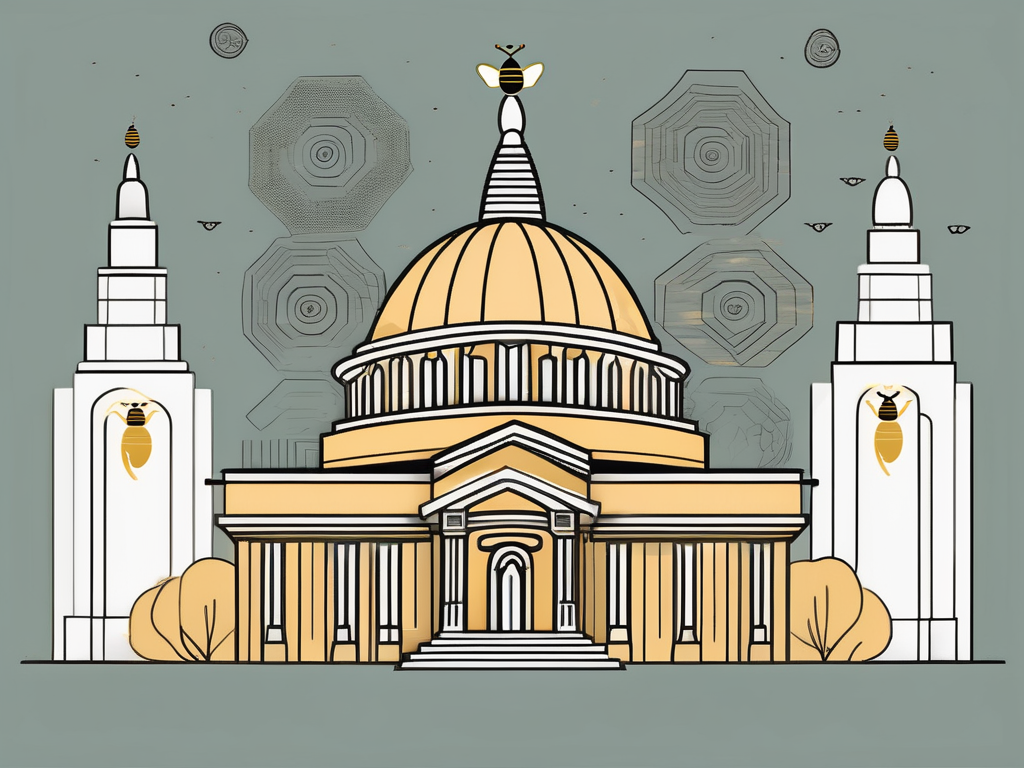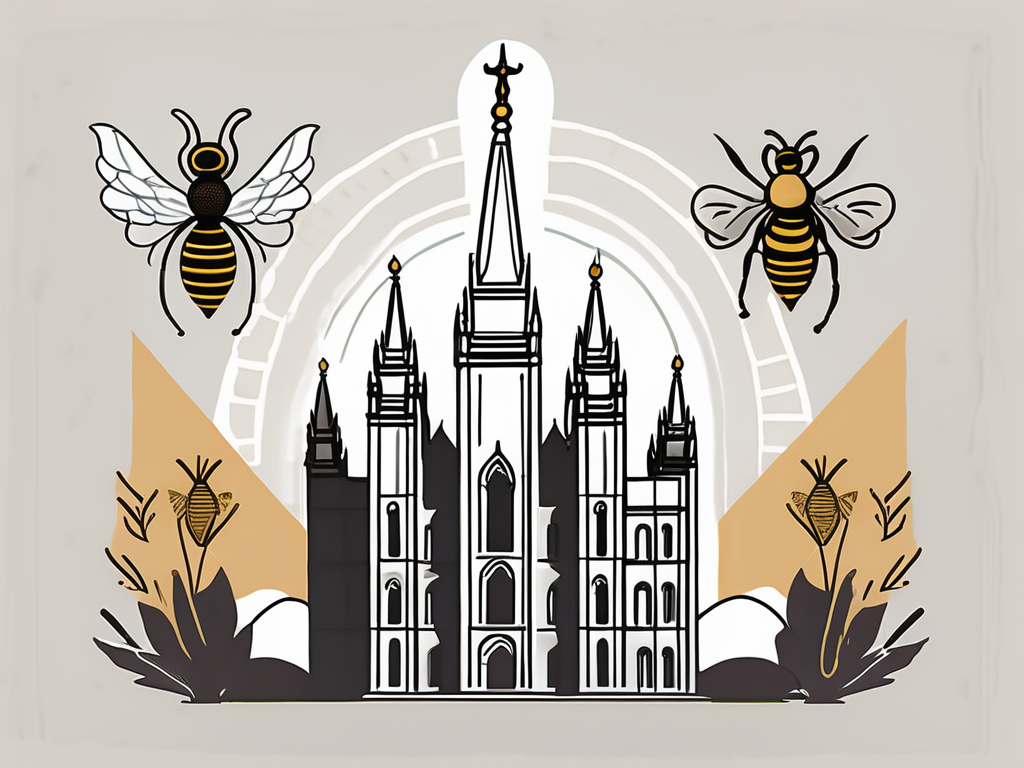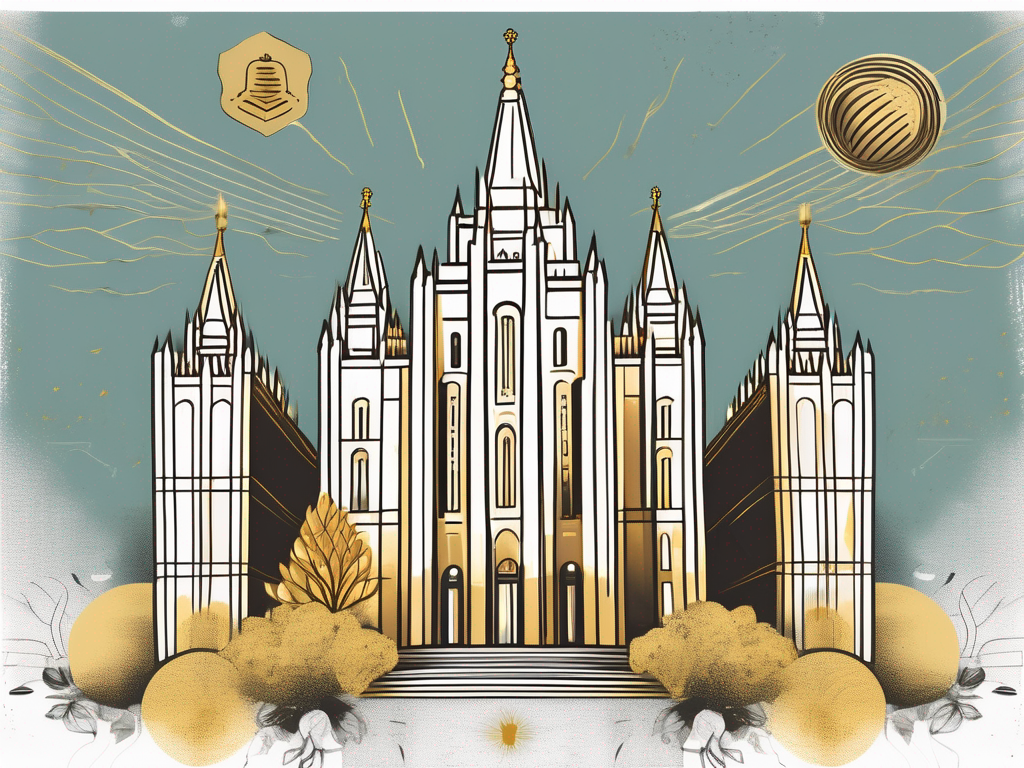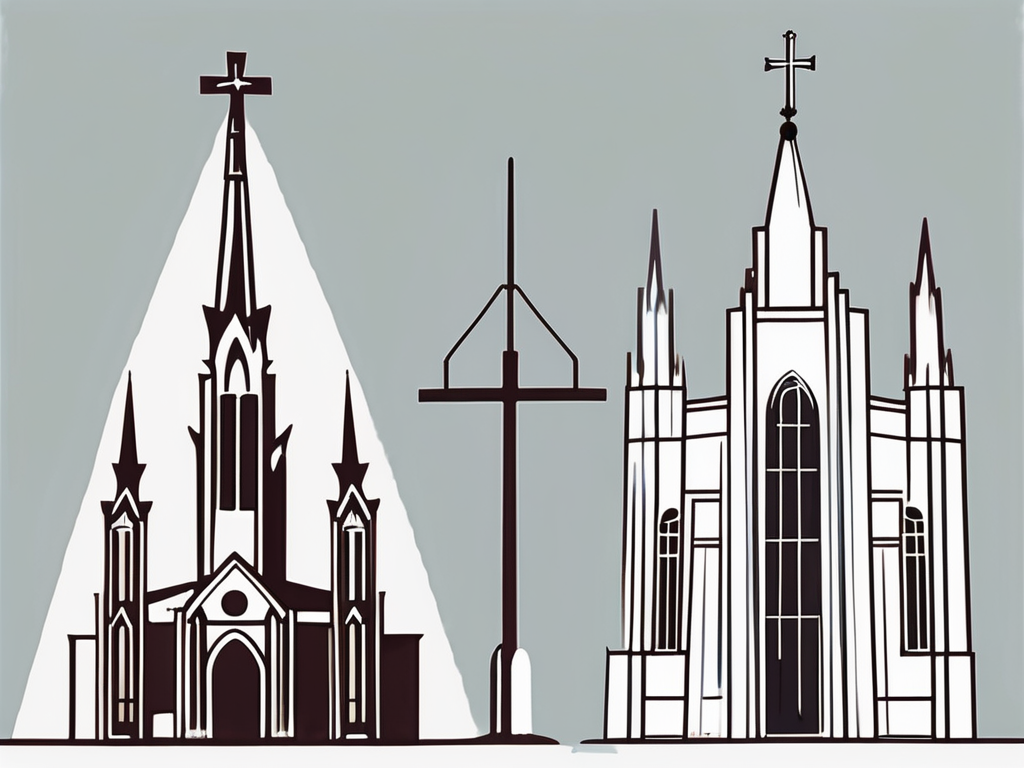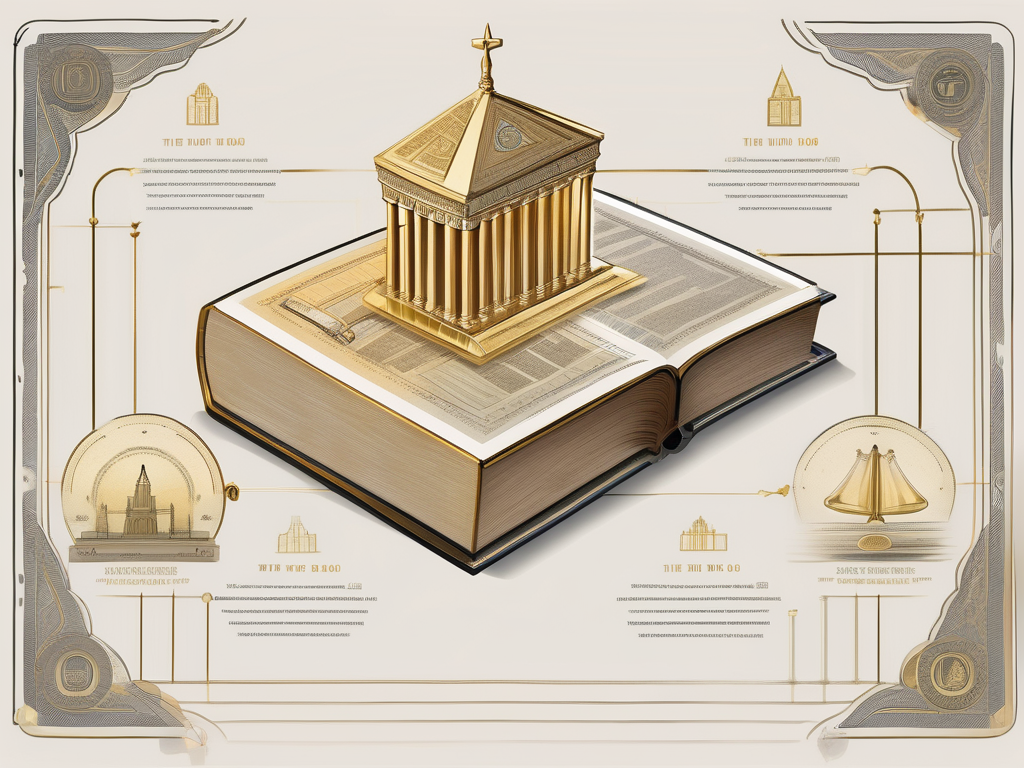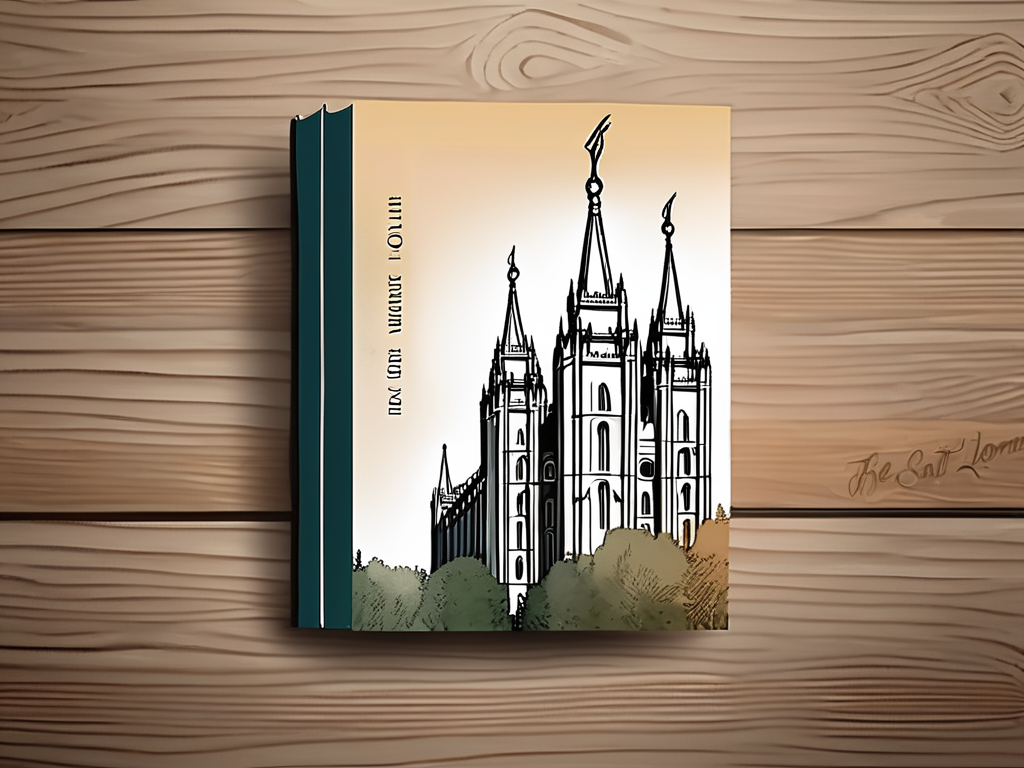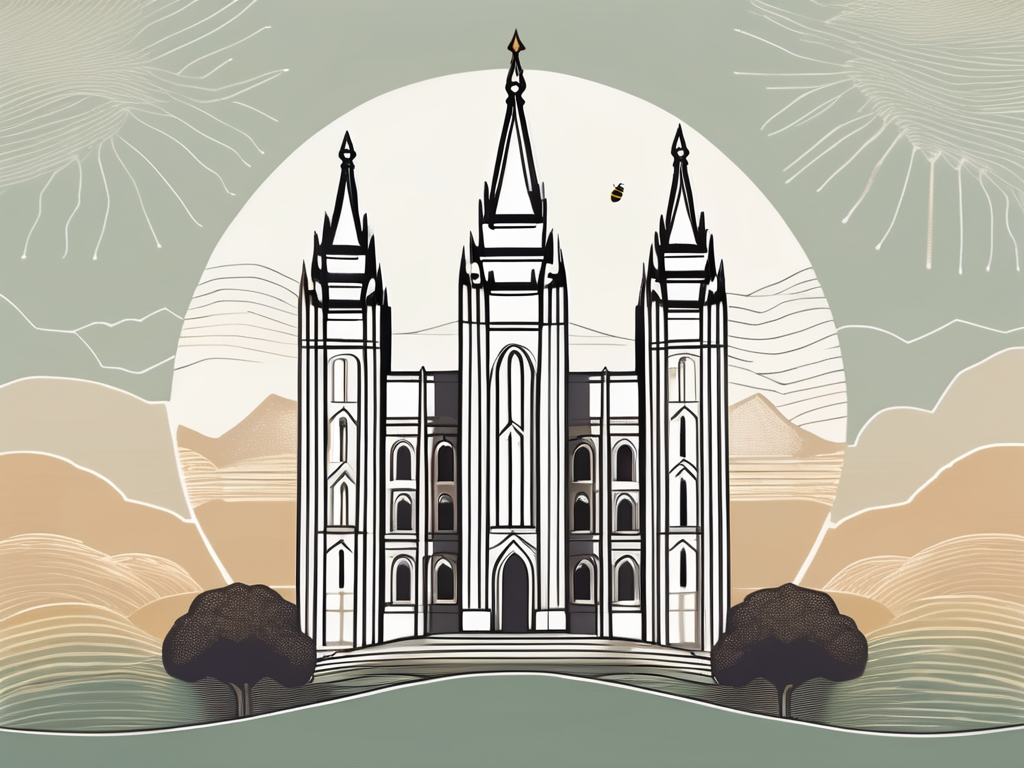The Mormon religion, also known as The Church of Jesus Christ of Latter-day Saints (LDS Church), is a unique and vibrant faith with a rich history and a strong presence in contemporary society. Understanding the Mormon religion involves delving into its historical background, core beliefs, sacred texts, practices, rituals, organizational structure, and its place in society. In this article, we will explore all these aspects of Mormonism, shedding light on the beliefs and practices that define this fascinating religion.
Understanding the Mormon Religion
Historical Background of Mormonism
The roots of the Mormon religion can be traced back to the early 19th century when Joseph Smith Jr., a young farm boy from New York, claimed to have received revelations from God. These revelations led to the restoration of the gospel of Jesus Christ and the establishment of the Church of Christ, later renamed The Church of Jesus Christ of Latter-day Saints.
Joseph Smith’s encounter with God and Jesus Christ, known as the First Vision, marked the beginning of a new religious movement. He described seeing God the Father and Jesus Christ, who instructed him not to join any existing church as they were all in error. This experience set Joseph Smith on a path to restore the true gospel and establish a church that would bring people closer to God.
The early years of Mormonism were marked by persecution and migration. The followers of Joseph Smith faced numerous challenges, including violence and discrimination, which eventually led them to seek refuge in Utah, where they established a thriving community. The journey to Utah, known as the Mormon Pioneer Trek, was a treacherous one, with pioneers enduring harsh conditions and facing many hardships along the way. Despite the difficulties, their faith and determination propelled them forward, and they built a prosperous settlement in the Salt Lake Valley.
Core Beliefs of the Mormon Faith
Mormonism is built upon a foundation of strong beliefs that differ from traditional Christian denominations. Mormons believe in the existence of God the Father, His Son Jesus Christ, and the Holy Ghost. They consider Jesus Christ as the savior of humanity and the only path to salvation.
Central to Mormon theology is the concept of the Plan of Salvation, which outlines the purpose of life on earth and the potential for eternal progression. Mormons believe that all individuals are children of God and that through the Atonement of Jesus Christ, they can be forgiven of their sins and return to live with God in the highest degree of glory.
Mormons also believe in the importance of family and the eternal nature of relationships. They believe that through sacred ordinances performed in temples, families can be sealed together for eternity. This sealing ordinance allows families to be united not only in this life but also in the eternities, providing a source of comfort and hope.
Furthermore, Mormons emphasize the importance of personal revelation and continuing revelation through modern-day prophets. They believe that the President of The Church of Jesus Christ of Latter-day Saints is a prophet called by God to guide and teach the church. This belief in ongoing revelation allows Mormons to adapt to changing circumstances and receive guidance on how to navigate the complexities of the modern world.
The Mormon faith also places a strong emphasis on service and community. Mormons strive to follow the example of Jesus Christ by serving others, both within their own faith community and in the wider world. This commitment to service is evident in various humanitarian efforts and welfare programs organized by the Church.
In conclusion, the Mormon religion has a rich and complex history, shaped by the experiences of its early followers and their unwavering faith. The core beliefs of Mormonism, including the restoration of the gospel, the importance of family, and the role of modern-day prophets, continue to guide and inspire millions of individuals around the world.
The Book of Mormon: A Cornerstone of Belief
The Origin and Significance of the Book of Mormon
The Book of Mormon is a sacred text that plays a central role in the Mormon faith. Joseph Smith claimed that he was guided by an angel named Moroni, who directed him to a set of golden plates buried in a hillside. This incredible encounter with Moroni marked the beginning of a remarkable journey for Smith and the restoration of the gospel.
Smith translated these plates into what is now known as the Book of Mormon. The process of translation was not an easy one. Joseph Smith used a seer stone, known as the Urim and Thummim, to assist him in deciphering the ancient language engraved on the golden plates. Through divine guidance and countless hours of dedicated work, Smith was able to bring forth this sacred record.
The Book of Mormon tells the story of ancient civilizations in the Americas and contains the teachings of Jesus Christ. Mormons believe that it is an additional testament of Jesus Christ, alongside the Bible. They consider it to be the word of God and a guide to help them navigate life’s challenges.
The significance of the Book of Mormon cannot be overstated. It provides Mormons with a deeper understanding of their faith and offers insights into the ancient inhabitants of the Americas. It serves as a source of inspiration, guidance, and comfort for millions of believers around the world.
Key Teachings from the Book of Mormon
The Book of Mormon contains a variety of teachings that form the core of Mormon beliefs. One of the central messages is the invitation to come unto Christ and experience His redeeming love and grace. The book emphasizes the importance of faith, repentance, baptism, and receiving the Holy Ghost as essential steps on the path to salvation.
Furthermore, the Book of Mormon encourages its readers to live lives of righteousness, seek knowledge, serve others, and strive to become more like Jesus Christ. It teaches principles of charity, forgiveness, and the pursuit of peace. These teachings provide Mormons with a moral compass and guide them in their daily lives.
Additionally, the Book of Mormon sheds light on the history and culture of ancient civilizations in the Americas. It describes their struggles, triumphs, and interactions with God. Through these accounts, Mormons gain a deeper appreciation for the rich heritage of their faith and the divine influence that shaped the lives of their ancestors.
Moreover, the Book of Mormon contains prophecies and revelations that are relevant to the modern world. It addresses contemporary issues such as the importance of family, the dangers of pride and materialism, and the need for unity and love among all people. These timeless teachings continue to guide and inspire Mormons in their efforts to build a better society.
In conclusion, the Book of Mormon is a cornerstone of belief for Mormons. Its origin story and significance are deeply intertwined with the history of the Mormon faith. The teachings found within its pages provide guidance, inspiration, and a deeper understanding of the gospel. The Book of Mormon is a testament to the power of faith, the reality of divine revelation, and the enduring message of Jesus Christ.
Mormon Practices and Rituals
Daily Practices of a Mormon
Mormons strive to integrate their faith into their daily lives. They emphasize the importance of personal prayer, scripture study, and family worship. These practices help Mormons build a closer relationship with God and strengthen their families.
Personal prayer is a fundamental aspect of a Mormon’s daily routine. It is a time for individuals to communicate with God, express gratitude, seek guidance, and find solace in times of need. Mormons believe that through prayer, they can receive personal revelation and feel the presence of God in their lives.
Scripture study is another essential practice for Mormons. They believe that the scriptures, including the Bible, the Book of Mormon, the Doctrine and Covenants, and the Pearl of Great Price, contain the word of God and provide guidance for daily living. Mormons dedicate time each day to reading and studying these sacred texts, seeking inspiration and understanding.
Family worship is highly valued in Mormonism. Families gather together to pray, sing hymns, and study the scriptures. This practice strengthens family bonds and fosters a sense of unity and love. It is also an opportunity for parents to teach their children about their faith and instill moral values.
In addition to these daily practices, Mormons observe a weekly day of rest and worship on Sundays. They attend church services and spend time with their families. This day is seen as a time to rejuvenate both physically and spiritually. It provides an opportunity for worship, learning, and fellowship with fellow believers.
Sacred Rituals and Ceremonies in Mormonism
Mormonism is known for its sacred rituals and ceremonies performed in temples. These include baptism and confirmation, marriage sealings, and endowment ceremonies. Temples are considered holy places where individuals can make covenants with God and receive blessings.
Baptism and confirmation are significant milestones in a Mormon’s life. Baptism is performed by immersion in water and symbolizes a person’s commitment to follow Jesus Christ. After baptism, individuals receive the laying on of hands for confirmation, where they are confirmed as members of the Church and receive the gift of the Holy Ghost. This gift is believed to provide guidance, comfort, and spiritual strength.
Marriage sealings are unique to Mormon temples. They allow couples to be united not only for this life but for eternity. Mormons believe that through this sacred ordinance, families can be sealed together, creating eternal bonds. Marriage sealings are seen as a source of great joy and provide hope for eternal relationships.
Endowment ceremonies are considered one of the most sacred rituals in Mormonism. They provide individuals with knowledge, blessings, and promises to help guide them in their lives. During the endowment ceremony, participants make covenants with God and receive instructions on how to live a righteous and fulfilling life. It is a deeply personal and spiritual experience.
Overall, these daily practices and sacred rituals play a crucial role in the lives of Mormons. They provide a framework for spiritual growth, strengthen family relationships, and deepen their connection with God. Through prayer, scripture study, and participation in temple ordinances, Mormons seek to live according to their beliefs and find meaning and purpose in their lives.
The Structure of the Mormon Church
The Role of the Prophet in Mormonism
The President of The Church of Jesus Christ of Latter-day Saints is regarded as a prophet, seer, and revelator. Mormons believe that this individual is chosen by God to receive divine guidance and revelation for the church and its members.
The prophet’s role is to lead the church, teach its doctrine, inspire its members, and provide guidance on issues of importance. His words are considered authoritative and are believed to come directly from God.
The Organization of the Mormon Church
The Mormon Church is organized into a hierarchical structure. The highest governing body is the First Presidency, consisting of the President of the Church and his two counselors.
Beneath the First Presidency are the Quorum of the Twelve Apostles, who have the responsibility of spreading the gospel and providing leadership. Other leaders include the Quorums of the Seventy, the presiding bishopric, and various auxiliary organizations.
Mormonism in Contemporary Society
The Mormon Community and Its Influence
The Mormon community is known for its strong sense of unity, service, and commitment to family values. Mormons actively participate in their local communities, engaging in humanitarian efforts, disaster relief, and other charitable activities.
Mormons have made significant contributions to areas such as education, health care, and the arts. They have built universities, hospitals, and cultural institutions that have positively impacted society.
Challenges and Criticisms of Mormonism
Mormonism, like any other religion, faces its share of challenges and criticisms. The practice of polygamy in the early years of the church, for example, has generated controversy and misunderstanding. However, it is essential to note that the church officially abandoned the practice in the late 19th century.
Mormons have also faced scrutiny and misconceptions regarding their beliefs, practices, and history. However, they continue to strive to build bridges of understanding and communicate the core values of their faith to dispel misunderstandings.
In conclusion, the Mormon religion is a vibrant and distinct faith with a rich history, unique beliefs, and diverse practices. Understanding the beliefs and practices of the Mormon religion can provide valuable insights into the values and principles that shape the lives of its members. While the religion has faced challenges and criticisms, its followers are deeply committed to their faith, their families, and their communities.
